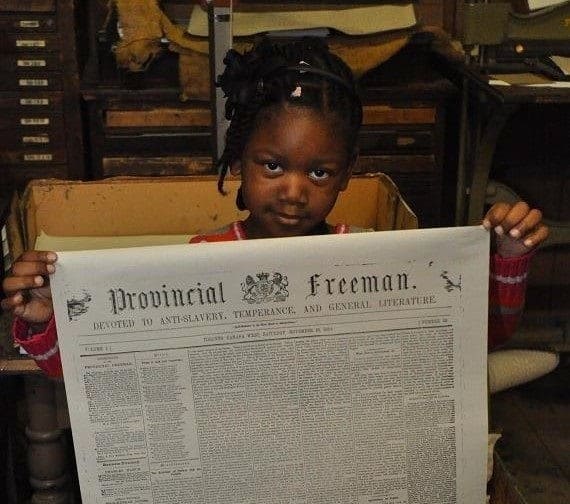As I sat scrolling through Instagram Saturday afternoon, I came across a post by Lupita Nyong’o. Nyong’o is a Hollywood actress who rose to fame after her role in the award-winning 12 Years a Slave in 2013. She became the first Kenyan-Mexican actress to win an academy award for Best Supporting Actress. After her breakout role in 2013, Nyong’o was adorned as this African princess of sorts- exotic, beautiful, but never more beautiful than the euro-centric standard of beauty displayed in Hollywood.
The image of Nyong’o that Hollywood approved of was a dark-skinned woman with a shaved head — regardless of the fact that her hair had grown since her role in 2013.
Pre-conceptions aside, what followed over the last week was a complete slap in the face. Nyong’o was photographed for the latest cover of Grazia U.K., a fashion news magazine. When the magazine came out, Nyong’o, and many others (myself included) were surprised to see that she looked completely different. The photography and editorial team had lightened her skin and completely removal of her Afro-puff. How on earth was this ok?
The complete alteration of Nyong’o image shows that, according to western Hollywood standards, a black woman cannot be too dark, a black woman must have straight hair, a black woman must speak properly, and a black woman must never be too sexy.
The photographer issued the following apology: “My altering of her image was not born out of any hate, but instead out of my own ignorance and insensitivity to the constant slighting of women of colour throughout the different media platforms.”
Many people who are unaware of the postcolonial issues that black women have faced, much less in Hollywood, are just willing to brush this off and hear the apology of the photographer that altered the image. There is no apology that can fix what has already been done. These events just prove how many people remain ignorant to the struggles women of colour face in the world.
The photographer, while apologetic, was merely following the pre-set Hollywood guidelines for cover photos. Nyong’o has been vocal about how removing her Afro-hair from the cover of the magazine speaks to the prejudice that still exists with black kinky and curly hair. It is tolerable to have straight smooth hair, but utterly classy and unkempt to be walking around with frizzy coils. Blacks are judged on their social inferiority based on their features like skin-tone, hair, and nose structure. This was just another example.
Taking away a black woman’s natural hair is like asking her to repress her culture and her heritage — to be compliant in the never-ending fight for what is deemed beautiful. If you have a problem with understanding this, then you need to kindly check your privilege.

